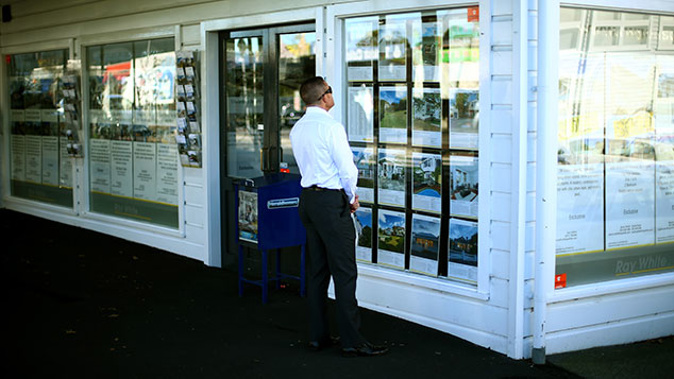
The New Zealand quarter acre dream is becoming less popular as home owners weigh up the cost of living in suburban sprawl.
The New Zealand Centre for Sustainable Cities has presented a report to The University of Otago in Wellington today. The survey was taken from a pool of more than 3,000 participants from a broad population base across the country.
New Zealand's streets could look more like the UK if developers follow the changing demands discovered. Respondents revealed more people are moving towards the idea of a town house, particularly those in their late twenties and those over 65.
Otago University Public Health Professor Philippa Lynne Howden-Chapman said costs associated with living in bigger sections in the outer suburbs is pushing people into central districts. She says people are becoming attracted to mix-use development which includes being closer to work, schools and amenities.
She said people still want their own garden space for barbecues but aren't so fussed about the size if there's a larger shared area available too.
Survey results showed sustainability is also becoming more important for people when making the decision about where to live. Lynne Howden-Chapman said sprawling suburbs won't work if we want clean air and people are becoming more aware of this.
She said there's also a preference amongst respondents for councils to decide infrastructure developments over private developers because of previous failures, particularly in the Auckland apartment market. Leaky, boxy apartments not insulated properly have put people off apartments and given the townhouse that much more appeal.
The New Zealand Centre for Sustainable Cities will present the findings, along with 90 interviews from key informants to parliament on December 1.
Take your Radio, Podcasts and Music with you









